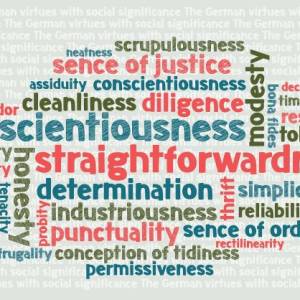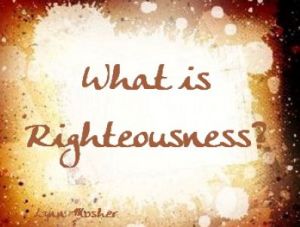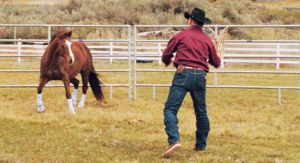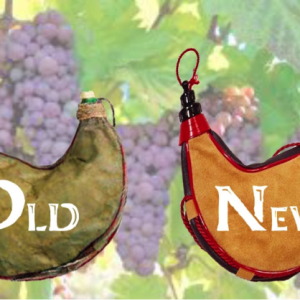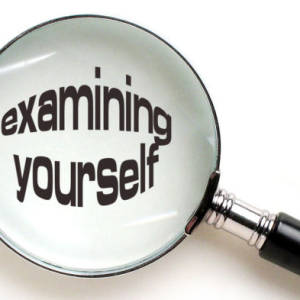There is ample and graphic evidence to be seen in world events that underscores the fact that there is an evil “prince of the power of the air” at work (Ephesians 2.2). This power motivates the human mind in a particular way. This is not new understanding to students of the Bible; however, the ever-increasing scope of this influence is becoming frighteningly more visible. Satan is the prince of the power of the air and stirs the spirits of humans injecting into them attitudes, moods, and … [Read more...] about When Right is Wrong
Self-Righteousness
The Missing Dimension in Morality
We have a very real problem that pervades our world – and that problem is the missing dimension of morality. As one political commentator noted, “This is not a constitutional problem. It is a moral crisis.” The lack of morality is a disease of the mind, and one definition of madness is “extremely foolish behavior.” Why do so many of society’s influential people do things that leave us shaking our heads in bewilderment and asking the question, “What were they thinking?” What characterizes … [Read more...] about The Missing Dimension in Morality
The Purpose of Righteousness
Even within Christian churches that look fairly homogeneous doctrinally-speaking, we can find diverse attitudes. For example, there are currents of more liberal or fundamentalist approaches to religious practice. One such current that can be problematic within churches is self-rightness. I don’t mean the arrogant presumption that one is perfect. I mean the tendency to let “righteousness” become an idol. It’s an easy trap for any of us to fall into so we need to examine our motives … [Read more...] about The Purpose of Righteousness
Willing or Willful?
In his book written in 1637, entitled Discourse on the Method, René Descartes published a phrase in Latin that became one of the central tenets or teachings of Western philosophy. That phrase in Latin is cogito ergo sum. In English it is: I think, therefore I am. The main theme of the book addresses skepticism, a philosophical school of thought that questioned whether knowing something was “for sure” is possible. Everything is relative. Descartes refused to accept the authority of previous … [Read more...] about Willing or Willful?
Horses Show How to Be at Rest with God
There is a technique in horse breaking, or horse gentling called "joining up". It illuminates God’s nature and shows us how we can obtain rest through an intimate relationship with God. Horses are special creatures to some of us; they are terrifying to others. They are big and magnificent. Imagine you’ve been given the responsibility to get a green horse, unbroken or an inexperienced animal loaded onto a trailer. The horse rears back and snaps its halter. … [Read more...] about Horses Show How to Be at Rest with God
Garments, Wineskins and Fasting
Parading their self-righteousness, the Pharisees, the religious elite of Christ’s time, and their followers fasted twice a week. Yet the disciples of Christ did not. The religious leaders demanded to know from Christ why his followers didn’t fast. Jesus answered with a parable about wineskins and garments. “Then He spoke a parable to them: 'No one puts a piece from a new garment on an old one; otherwise the new makes a tear, and also the piece that was taken out of the new does not match the … [Read more...] about Garments, Wineskins and Fasting
Self-Examination: Are We in the Faith
We are subjected to all kinds of tests throughout our lifetime. Some are routine, but others are unavoidable, deeply personal tests: peer pressure, emotional suffering, financial upheaval, and temptation. With a fear of failure, we usually don’t consider these as positive experiences. However, with good preparation we can face self-examination confidently. “Test yourselves to see if you are in the faith; examine yourselves! Or do you not recognize this about yourselves, that Jesus Christ is … [Read more...] about Self-Examination: Are We in the Faith


